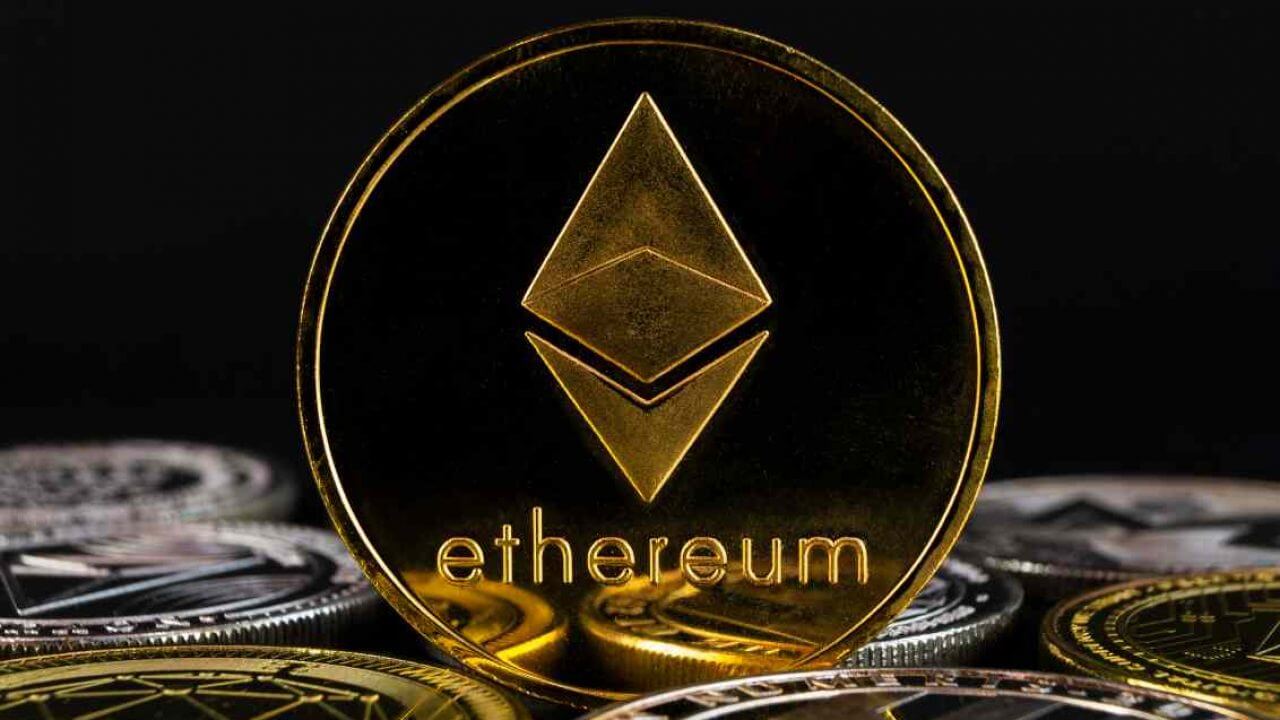|
Getting your Trinity Audio player ready...
|
Ethereum, the world’s second-largest cryptocurrency, is facing a critical challenge as gas fees, the lifeblood of its network, have plummeted. These fees, paid by users to execute transactions, are the primary revenue source for validators who secure the network. A sharp decline in gas fees is jeopardizing the financial incentives for validators, potentially leading to a mass exodus and compromising Ethereum’s stability.
Historically, gas fees on Ethereum have fluctuated wildly, spiking during periods of intense network activity, such as the NFT boom or the launch of popular DeFi platforms. However, the current downturn is more indicative of a broader issue: declining network usage. Fewer transactions mean fewer fees for validators, a situation with grave consequences.
Validators are the backbone of Ethereum. They verify transactions and produce new blocks, ensuring the network’s security and efficiency. The financial rewards they receive from gas fees motivate them to maintain this crucial role. But with dwindling income, some validators may be tempted to withdraw their stake, leaving the network vulnerable to attacks.
Also Read: Pepe Price Consolidates Before Breakout – Whales Add $1M, Ethereum ETF Winds Blow
Moreover, the overall revenue generated by Ethereum is shrinking. This decline in network activity raises concerns about the platform’s ability to support its growing ecosystem. As competitors with potentially more practical applications gain traction, Ethereum’s dominance could be threatened.
To reverse this trend, Ethereum may need to explore innovative ways to incentivize validators or attract new users. This could involve introducing alternative fee models, developing new applications, or integrating with other blockchains. The future of Ethereum hinges on its ability to adapt to these challenges and maintain its position as a leading platform for decentralized finance and other blockchain-based initiatives.
Disclaimer: The information in this article is for general purposes only and does not constitute financial advice. The author’s views are personal and may not reflect the views of Chain Affairs. Before making any investment decisions, you should always conduct your own research. Chain Affairs is not responsible for any financial losses.
I’m a crypto enthusiast with a background in finance. I’m fascinated by the potential of crypto to disrupt traditional financial systems. I’m always on the lookout for new and innovative projects in the space. I believe that crypto has the potential to create a more equitable and inclusive financial system.



